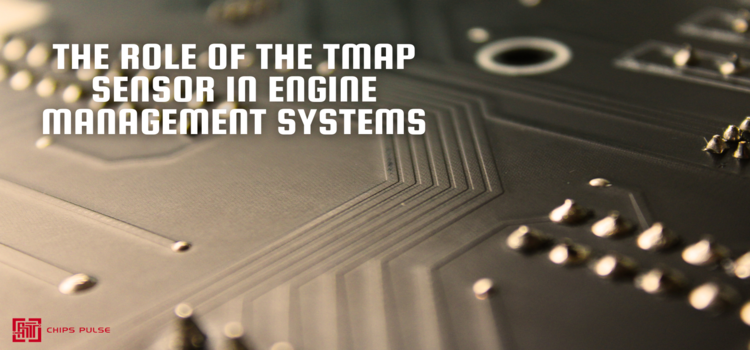The TMAP sensor (Temperature and Manifold Absolute Pressure) plays a crucial role in modern engine management systems, enhancing vehicle performance and efficiency. By accurately measuring both air pressure and temperature, it provides essential data that the engine control unit (ECU) uses to calculate the ideal air-fuel ratio.
This dual functionality sets the TMAP sensor apart from traditional sensors, enabling it to contribute dynamically to the engine's operation. With precise readings, the ECU can fine-tune fuel injection and ignition timing, leading to optimized combustion processes.
The benefits of this enhanced control are significant: improved engine performance, greater fuel efficiency, and reduced emissions. By ensuring that the engine runs at its optimal parameters, the TMAP sensor helps in meeting stringent environmental regulations while also delivering a responsive driving experience.
In summary, the TMAP sensor may operate quietly in the background, but its impact on automotive engineering is profound, acting as a vital component in the pursuit of performance and sustainability.

Typically located near the throttle body on the intake manifold, the TMAP sensor features a small cylindrical design equipped with a rubber diaphragm. As air flows through the manifold, the pressure of the incoming air presses against the diaphragm, causing it to deflect. This deflection is monitored by a potentiometer, a type of variable resistor inside the sensor, which converts the diaphragm's movement into an electrical signal.
In addition to pressure measurements, the TMAP sensor integrates a temperature sensor that continuously gauges the temperature of the intake air. This temperature data is crucial as it allows for compensation in the pressure readings, ensuring that the information relayed to the engine control unit (ECU) is accurate and reliable.
The precise measurements obtained from the TMAP sensor are critical for the ECU to maintain the optimal air-fuel ratio—a key factor in maximizing engine efficiency and performance. This balance not only improves fuel economy but also minimizes harmful emissions, making the vehicle more environmentally friendly.
With real-time data from the TMAP sensor, the ECU can make necessary adjustments to the air-fuel mix, enhancing overall engine performance while meeting regulatory standards for emissions. This sophisticated feedback loop between the TMAP sensor and the ECU exemplifies the technological advancements in automotive engineering designed to create cleaner and more efficient vehicles.
In summary, TMAP sensors are indispensable for the effective management of modern engines, playing a crucial role in driving performance, efficiency, and sustainability.